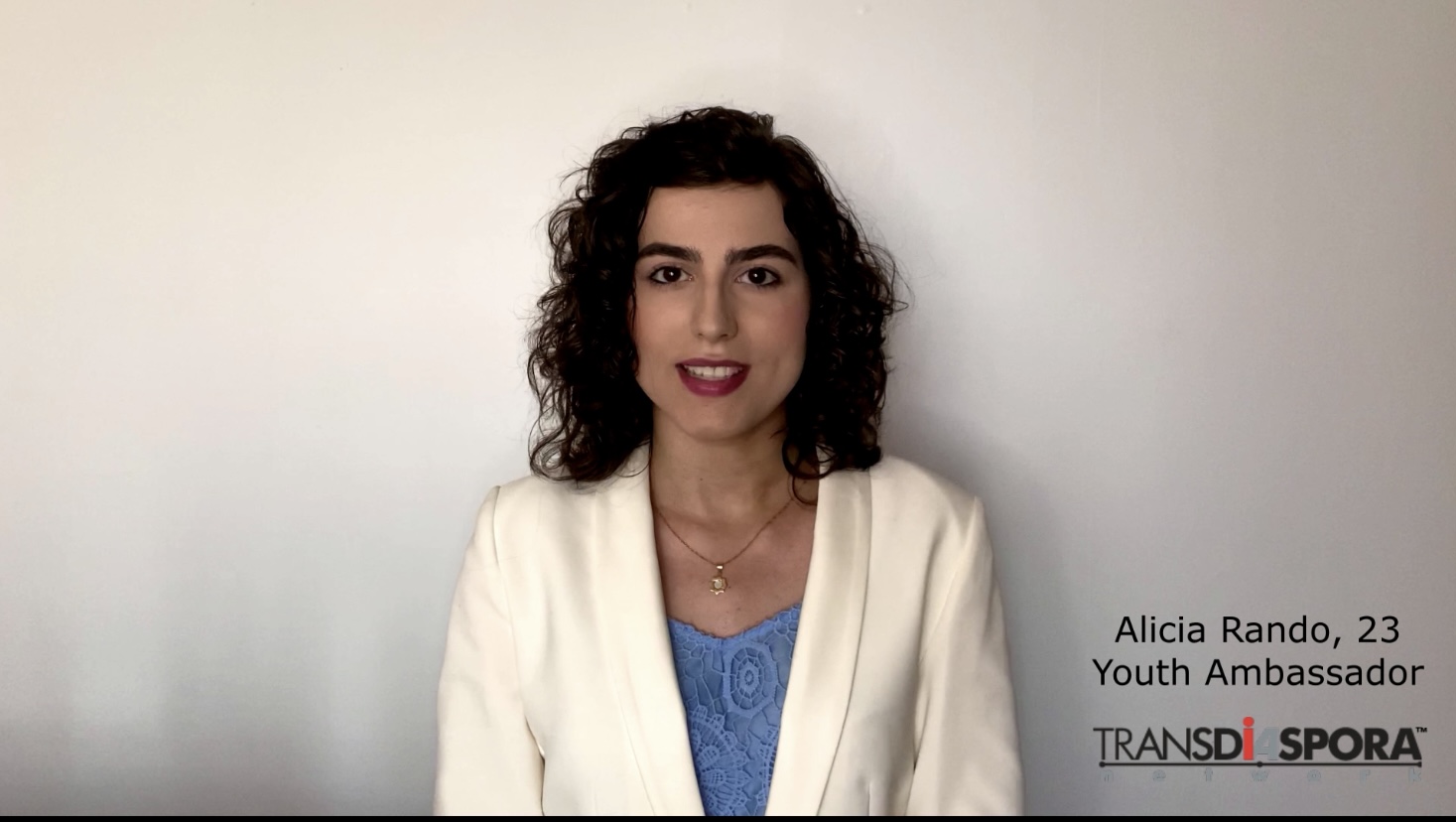Written and Oral Statement to the U.N. 2022 High-level Political Forum on Sustainable Development

New York, NY (July 22, 2022)
Official Written Statement submitted to the U.N. 2022 High-level Political Forum
Greetings to the Member States and Civil Society colleagues!
The Sustainable Development Goals are a universal call to action to end poverty, protect the planet and improve the lives and prospects of people around the world.
SDG 4 focuses on ensuring inclusive, equitable, quality education and promoting lifelong learning opportunities for all because it has been shown to enable upward socioeconomic mobility and is key to escaping poverty.
It is more than well known that education is, possibly, the element that most influences the progress of societies and people, and also that it is essential to improve the level of social welfare and economic growth; to expand equal opportunities for young people; to advance in the promotion of democracy, placing emphasis on strengthening the civic values that sustain societies; to promote the development of science, technology and innovation and, last but not least, to guarantee gender equality in all areas of life. That is why the importance of education in a society that is constantly changing lies in what it contributes to the human rights and dignity of the people who make up that society, to
overcome inequalities and to reinforce sustainable development.
The UNESCO report published in 2015 “The conceptualization of quality: a framework for understanding, monitoring, and improving education quality” expressed the importance of education in society as: “…The links between the education of society are strong, since both influence each other. In the short term, education powerfully reflects society: the values and attitudes that inform it are those of society as a whole.”
In its 2020 report, the UNDP on the Human Development Index (HDI) indicates the following:
“Education for sustainable development helps increase knowledge, skills and appropriate technical solutions. However, equal access to quality education remains a challenge.” And makes it clear that “people empowered through education can trigger real-world transformation by changing social norms.”
In this field, this is what our NGO, Transdiaspora Network, is doing, by bringing an innovative methodology that incorporates what we called PRE-primary prevention methodology, which generates a new knowledge around health, civic engagement, education and gender equality in our interaction with youth.
This indicator (HDI) that reveals the degree of progress of each country over time and that provides a broad view of inequalities, has been demonstrating over the last decades a continuous improvement in health variables, economy and, above all, education.
In recent years, there has been progress both in access to education and in school enrolment rates at all levels. However, around 260 million children were still out of school in 2018; about 20% of the world’s population in that age group. Additionally, more than half of all children around the world are not meeting minimum proficiency standards in reading and mathematics. This is increased even more in populations of ethnic minority and indigenous peoples. In Latin America and the Caribbean, only 40% of indigenous children complete secondary education and in Spain, 64.4% of the young gypsy population have not graduated from high school.
It should be noted that these advances have occurred above all and especially for girls, but as recognized in SDG 5 there is still a long way to go in this field. According to UNESCO’s annual Global Education Monitoring Report, the world has reached the goal of gender parity at all levels of education except for the tertiary. In contrast, this does not occur in all regions, nor in all groups of countries for income, nor in each of the countries considered individually. Only 66% of countries have achieved gender parity in primary education, 45% in lower secondary education, and 25% in upper secondary education.
This issue is also one of the flagship solutions proposed by the 2021 UNDP Annual Report in the context of ensuring gender equality for future generations by addressing structural obstacles to gender equality and strengthening the economic empowerment and leadership of women.
The path to follow is clear and passes through the formulation and implementation, from the public powers and also from the private initiative, of policies that value the need for equal access to education for all citizens, that promote inclusion and gender equality, that tend to overcome inequalities and that ensure better and greater opportunities for employment and individual development.
Thank you very much! Muchas gracias!
Click here to access Transdiaspora Network’s HLPF 2022 Oral Statement (video)
Buzz
- 11/04/2022 Latino Impact Summit - TDN President/Founder Ariel Rojas attended this event at the United Nations... read more>>
- 10/27/2022 Latin Grammy Awards - TDN Artistic Ambassador Glenda del Monte Escalante is a nominee for the next edition of the Latin Grammys... read more>>
- 10/24/2022 Heritage Celebration - TDN President/Founder Ariel Rojas attend community event Quisqueya: A Celebration of Haitian and Dominican Heritage... read more>>
- 10/21/2022 TDN / UN Women - TDN President/Founder Ariel Rojas and TDN Youth Ambassador Alicia Rando meet with UN Women representative... read more>>
- 09/09/2022 Book of Condolence - Because of Queen Elizabeth's death, TDN President/Founder Ariel Rojas signs book of condolence... read more>>
